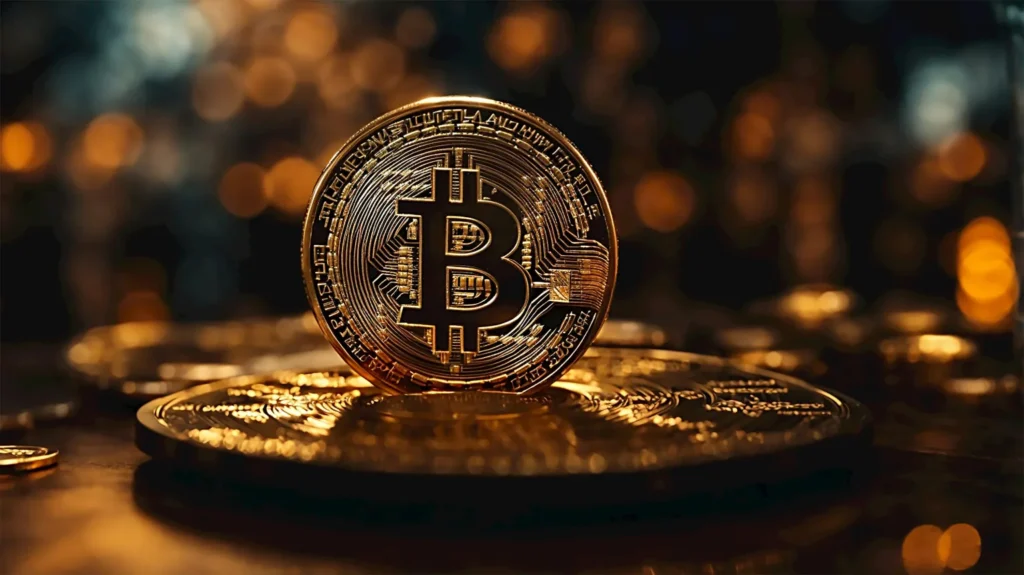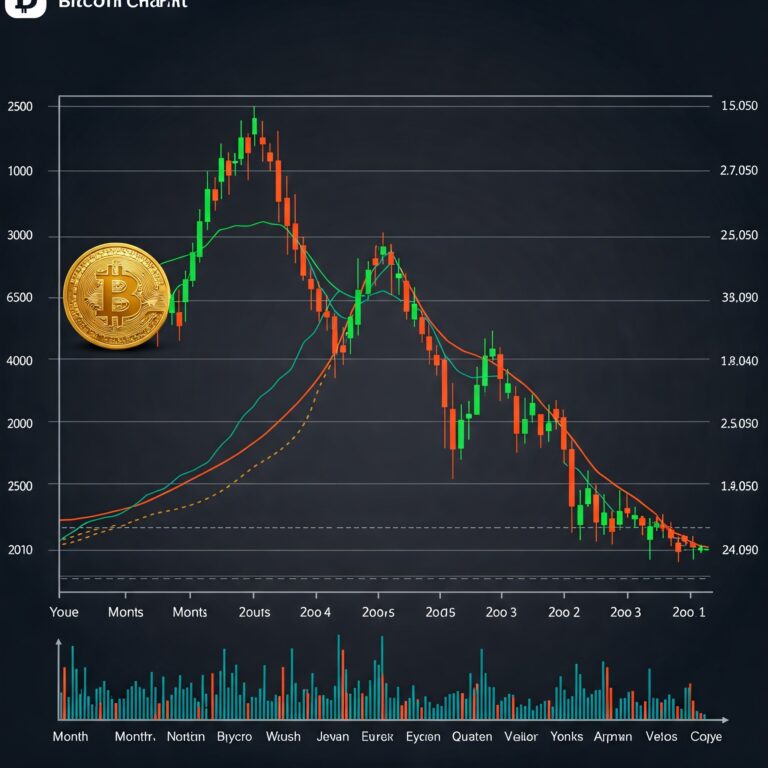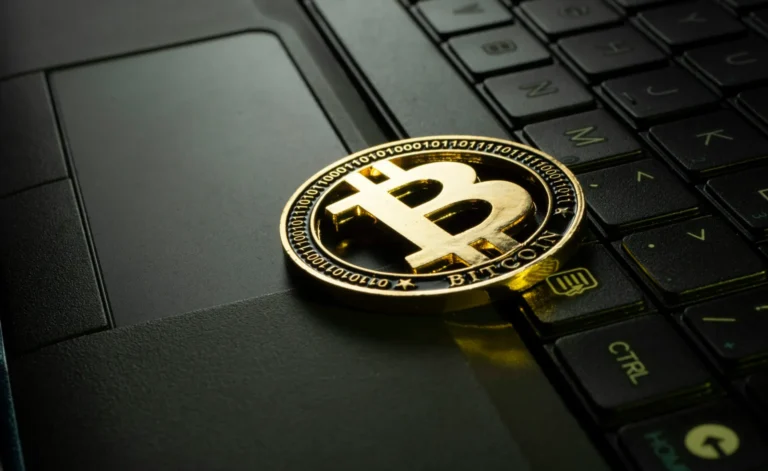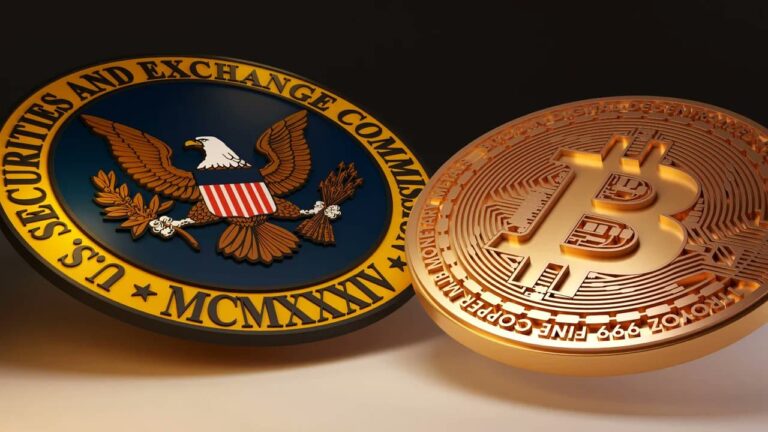
As the world of cryptocurrency continues to grow and evolve, more and more mainstream figures are becoming involved in the discussion surrounding Bitcoin, including high-profile individuals such as former President Donald Trump. Over the past few years, many have speculated whether Trump or his political initiatives would ever delve into the realm of Bitcoin, whether through public endorsement, regulation changes, or even creating a Bitcoin reserve.
In this article, we break down the potential steps that could lead to a “Bitcoin reserve” connected to Donald Trump and how such a move would affect the cryptocurrency landscape.
Step 1: The Concept of a Bitcoin Reserve
The idea of a “Bitcoin reserve” often refers to an entity or government accumulating Bitcoin as part of its reserves, similar to how central banks hold foreign currencies or gold. A Bitcoin reserve could provide various benefits such as increasing the liquidity of Bitcoin, creating more stability in the market, and providing a hedge against inflationary risks in traditional financial systems. If Trump were to create such a reserve, it could signal a significant shift in the relationship between the United States government and digital assets.
Step 2: The Regulatory Landscape
One of the key factors in the development of a Bitcoin reserve would be navigating the regulatory environment surrounding digital currencies. During Trump’s presidency, the regulatory stance toward Bitcoin was mixed. While Trump himself expressed skepticism about cryptocurrencies, his administration did take steps toward making the regulatory framework clearer for digital currencies, with agencies like the SEC and CFTC overseeing Bitcoin’s status.
A new Bitcoin reserve would likely require the backing of regulatory authorities to ensure that it fits into the current legal framework. This could include considerations for taxation, compliance with anti-money laundering (AML) laws, and ensuring that Bitcoin is treated as a legitimate financial asset.
Step 3: Institutional Adoption
Trump’s involvement could also pave the way for institutional adoption of Bitcoin in a more formal capacity. For a Bitcoin reserve to be successful, large institutions and banks would need to accept Bitcoin as a store of value, which would require further adoption of crypto technologies in financial markets. This step would likely involve fostering an ecosystem of Bitcoin-friendly institutions, both domestically and internationally.
Step 4: Public Reception and Political Implications
Any move towards a Bitcoin reserve under Trump’s leadership would not be without its controversies. Bitcoin has been both praised as an inflation hedge and criticized as a volatile asset. Trump’s base and political opponents could have varying opinions on how such a move would impact the economy. The political ramifications of this shift could influence everything from public policy to the future direction of the cryptocurrency market itself.
Step 5: Global Impact
Finally, the creation of a Bitcoin reserve by the U.S. would have global implications. The U.S. dollar has long been the world’s reserve currency, and a Bitcoin reserve could challenge this status. By embracing Bitcoin, the U.S. might prompt other nations to follow suit, either by creating their own reserves or by adopting Bitcoin in new ways. Such a move could lead to greater international cooperation or heightened tensions as countries adjust to this new digital economy.
Conclusion
The idea of a Bitcoin reserve tied to Donald Trump is still speculative, but it offers intriguing possibilities for the future of cryptocurrency and the global financial system. As the U.S. government and institutions move closer to accepting digital currencies, understanding the steps involved in creating such a reserve is crucial. Whether it will ever happen remains to be seen, but one thing is certain: Bitcoin is here to stay, and influential figures like Trump could play a key role in shaping its future.





